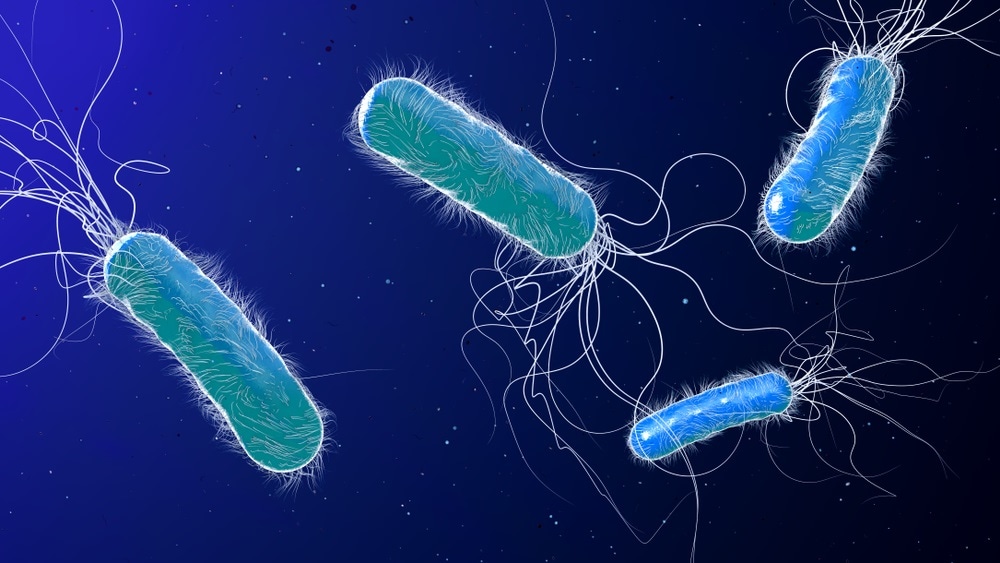Researchers from the Technical University of Munich (TUM) and the Helmholtz Center for Infection Research (HZI) in Braunschweig have modified an approved cancer drug to create an agent that is effective at treating multi-drug-resistant infections.
 Image Credit: Christoph Burgstedt / Shutterstock.com
Image Credit: Christoph Burgstedt / Shutterstock.com
The agent has so far only been tested in mice, but the researchers are planning to optimize it further so it can enter the clinical development phase.
The urgent need for new antibiotics
Antibiotic-resistant bacteria are increasingly causing severe and deadly infections. Methicillin-resistant Staphylococcus aureus (MRSA) causes a persistent infection that can sometimes be resistant to various different antibiotics, and new drugs that are effective against it are urgently needed.
Director of the Infection Immunology Research Group at HZI, Eva Medina, says the industrial development of new antibiotics is stalling and not keeping pace with the spread of antibiotic resistance.
We urgently need innovative approaches to meet the need for new infection therapies that do not lead directly to renewed resistance.”
Eva Medina, Director of the Infection Immunology Research Group at HZI
A new approach to developing antibiotics
One promising approach is testing the potential effects of drugs that have already been approved as treatments. For the current study, Stephen Sieber from TUM and colleagues decided to investigate a group of human proteins called kinases, for which many inhibitors are already available.
The team modified the active ingredient in a kinase inhibitor used to treat cancer that is also effective against MRSA to increase the inhibitor’s antibiotic effect.
They managed to develop a molecule that was ten times more potent than the original agent.
Sieber says the chemical changes made to the agent have meant it no longer binds to human kinases, but instead acts specifically against bacterial targets.
The new molecule targets MRSA in various unconventional ways, and the team decided to focus on two potential new targets. One was the agent’s inhibition of a protein the bacteria requires for energy metabolism, and the other was its activity on the cell wall.
Unlike established antibiotics such as penicillin and methicillin, which directly disrupt the formation of the bacterial cell wall, the new molecule acts indirectly. It increases the production of proteins involved in cell wall thickness, which causes the cell to burst.
The agent was effective in a mouse model
In mice, the new agent proved effective at destroying MRSA in a range of tissues. The researchers found that while staphylococci quickly became resistant to other antibiotics, they did not become resistant to this new one.
Medina and colleague Katharina Rox also demonstrated that the agent has favorable pharmacological properties. For instance, it can be taken as a tablet, and it stays stable in the body for a number of hours.
Head of the HZI research group, Dietmar Pieper, says that MRSA infections are often chronic since the bacteria can become dormant and that another benefit of the new agent is that it “even kills these.”
The team now plans to develop the agent further so that it can enter clinical development.
Source:
From cancer medication to antibiotic. Eurekalert. Available from: https://www.eurekalert.org/emb_releases/2019-12/tuom-fcm121219.php